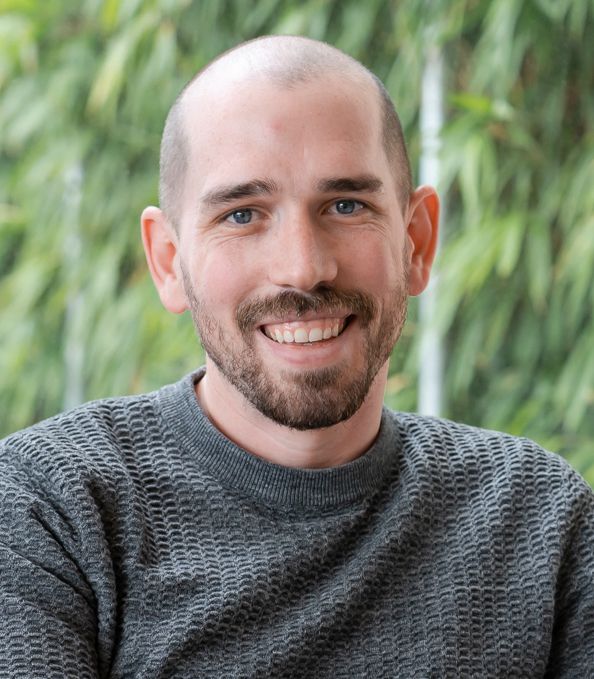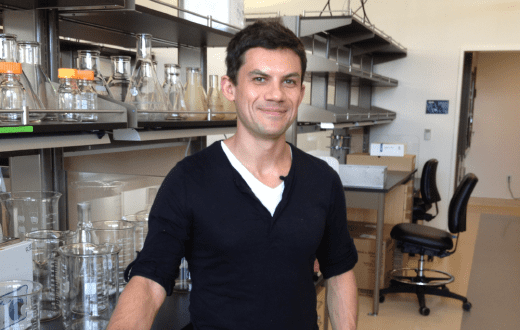
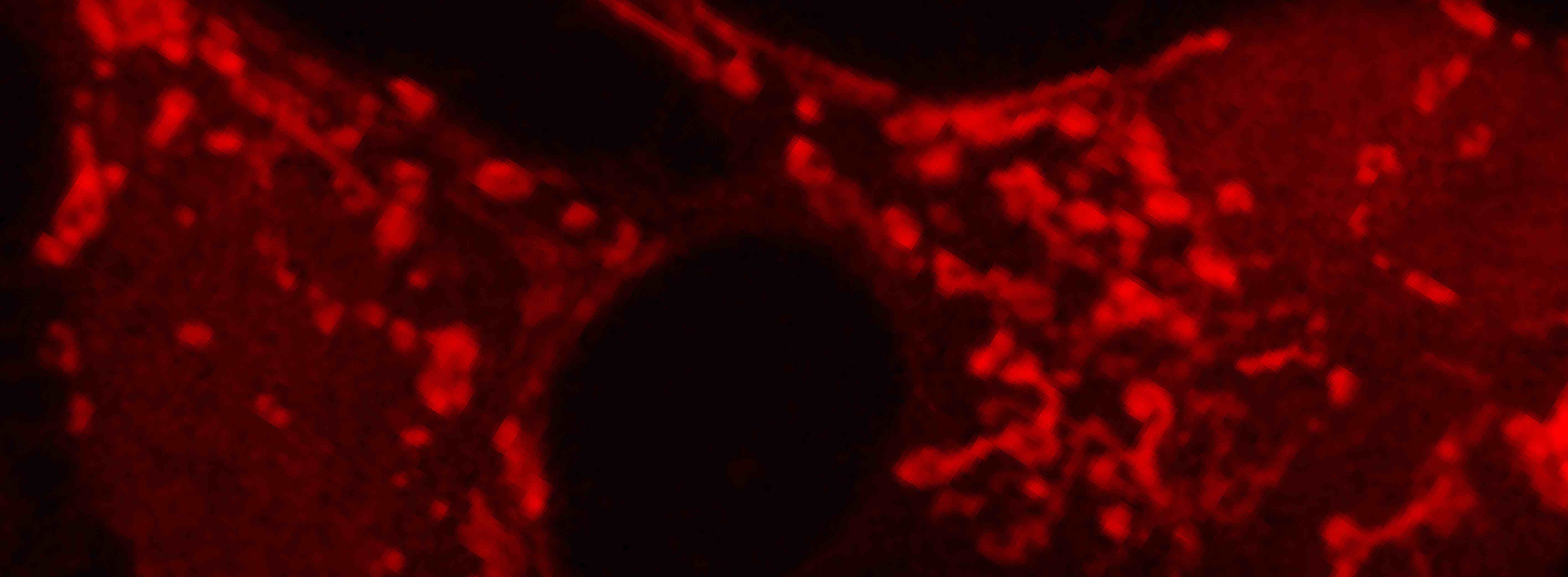
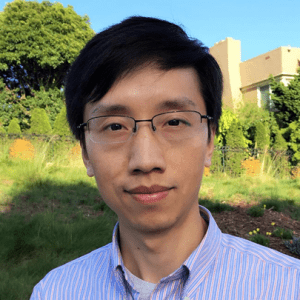
The IGI has awarded the second of five Shurl & Kay Curci Foundation (SKCF) Faculty Scholars Program awards to Dengke Ma, an assistant professor in the Department of Physiology and the Cardiovascular Research Institute at the University of California, San Francisco. Ma will spearhead an extraordinary new project using genome editing tools to understand how ground squirrels survive long periods with minimal oxygen. This new insight could pave the way to developing treatments to help stroke and heart attack victims. The SKCF Scholars Program supports early career faculty proposing bold ideas for cutting-edge research that pushes the boundaries of precision genomics. The $200,000 award will be spread over two years to cover personnel, supplies, and equipment expenses.
Ma says, “This funding will provide our team with timely and essential financial support, necessary for carrying out exciting experiments.” The award not only offers significant financial resources, but also positions the Ma lab within a unique and ever-expanding scientific community. “This program gives us access to IGI’s genome engineering expertise. As part of this community, we hope that our studies will lead to cross-disciplinary collaboration, resulting in new and innovative translational applications.”
 Ma’s project does not make use of standard lab organisms like E. coli, yeast, or fruit flies. In fact, it is his team’s focus on an unconventional animal model that makes his lab so impactful. In their quest to understand how cells survive hypoxia, a state of low oxygen supply, the Ma lab studies cells from ground squirrels. As these critters hibernate, their blood flow slows, a condition known as ischemia, making their oxygen levels plummet. To survive long and sleepy winters, squirrel brain cells have evolved to resist such harsh conditions. Ma and his team have already identified regions of the squirrel’s DNA that contribute to this superpower, but the details surrounding the molecular machinery are a mystery. Ma aims to answer this question using CRISPR-Cas9 genome editing technology, but his plan does not end there.
Ma’s project does not make use of standard lab organisms like E. coli, yeast, or fruit flies. In fact, it is his team’s focus on an unconventional animal model that makes his lab so impactful. In their quest to understand how cells survive hypoxia, a state of low oxygen supply, the Ma lab studies cells from ground squirrels. As these critters hibernate, their blood flow slows, a condition known as ischemia, making their oxygen levels plummet. To survive long and sleepy winters, squirrel brain cells have evolved to resist such harsh conditions. Ma and his team have already identified regions of the squirrel’s DNA that contribute to this superpower, but the details surrounding the molecular machinery are a mystery. Ma aims to answer this question using CRISPR-Cas9 genome editing technology, but his plan does not end there.
“We will use CRISPR-Cas9 technologies to identify mechanisms of hypoxic resilience discovered from hibernating ground squirrels,” explains Ma, “and endow human brain cells with enhanced hypoxic resilience.” By programming human neurons with the ability to withstand low oxygen levels, Ma hopes that “This technology will lay the groundwork to develop potential CRISPR genome editing-based therapeutic strategies to treat human ischemic disorders, including stroke and heart attack.”
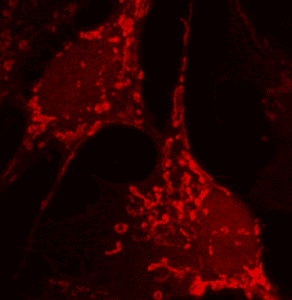
“The Shurl and Kay Curci Foundation Faculty Scholars program is attracting some of the brightest and most creative minds to the IGI,” says IGI Executive Director Jennifer Doudna. “Dengke’s ambitious project will push our clinically-focused work into new and exciting areas.” IGI Director of Biomedicine Alex Marson shares in the enthusiasm for Dengke’s addition. “His knowledge of evolutionary genetics and cellular processes will add valuable expertise to the IGI’s team.” Marson exclaims, “Ma’s creative approach to uncovering some of nature’s most perplexing questions could lead to unprecedented treatments for widespread ailments.” As squirrels slumber, molecular machines are hard at work performing a task that Dengke hopes can change the fate of millions of people.
